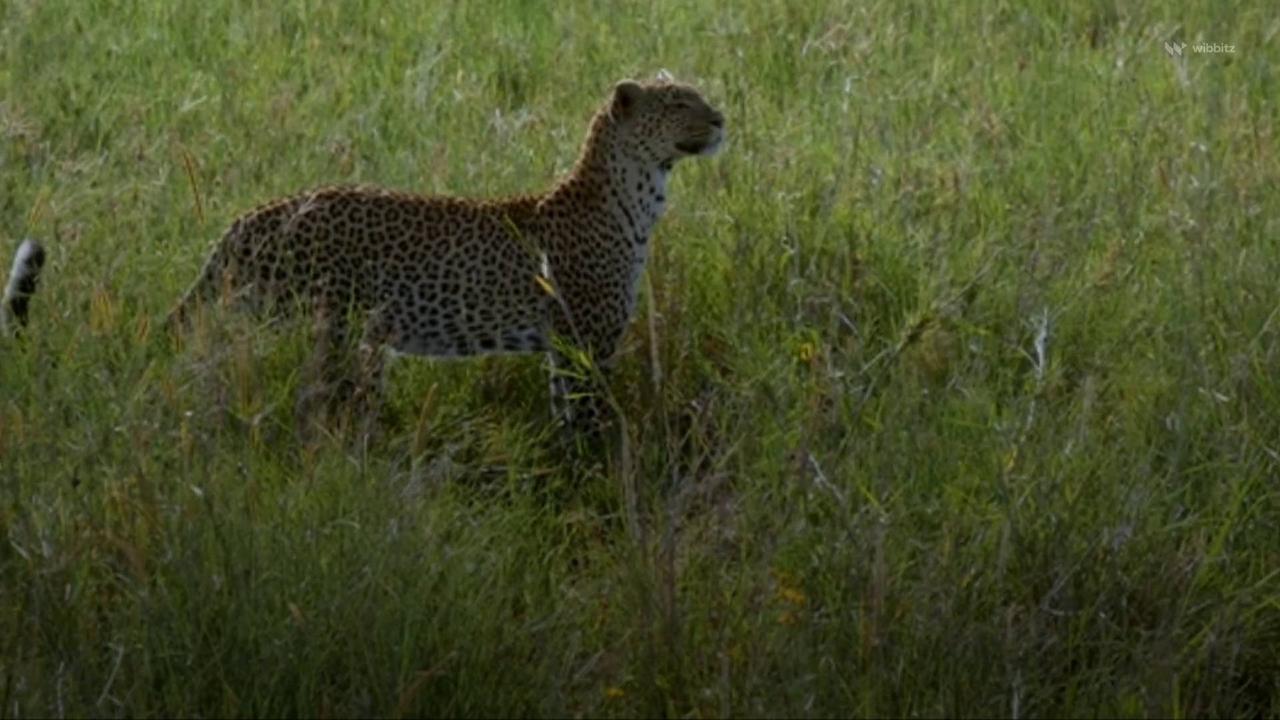
UN Warns Global , Wildlife Crime , Driving Global Extinctions.
'The Guardian' reports that over 4,000 species from around the world are the targets of wildlife traffickers.
.
According to a United Nations report, this causes "untold harm upon nature.".
The report found that 40% of all the animals targeted are on the red list of threatened or nearly threatened species.
The UN Office on Drugs and Crime (UNODC) report found that the trade, driven by demand for medicine, pets and trophies, is active in over 80% of countries.
Despite gaps in knowledge about the full extent of wildlife trafficking and associated crime, there is sufficient evidence to conclude that this remains a significant global problem far from being resolved, UNODC report, via 'The Guardian'.
Despite gaps in knowledge about the full extent of wildlife trafficking and associated crime, there is sufficient evidence to conclude that this remains a significant global problem far from being resolved, UNODC report, via 'The Guardian'.
According to the report, the largest number of individual seizures involved corals, large reptiles and elephants.
According to the report, the largest number of individual seizures involved corals, large reptiles and elephants.
According to the report, the largest number of individual seizures involved corals, large reptiles and elephants.
Wildlife trade was found to be the driving factor in both local and global extinctions, including rare orchids, reptiles and fish.
Wildlife crime inflicts untold harm upon nature, and it also jeopardizes livelihoods, public health, good governance and our planet’s ability to fight climate change, Ghada Waly, Executive director of UNODC, via 'The Guardian'.
Researchers warn that wildlife crime is often linked to organized crime, with corruption playing a critical role in impeding efforts to stop trafficking.
.
'The Guardian' reports that this corruption can take the form of bribes paid to inspectors and government officials in exchange for fake permits.
